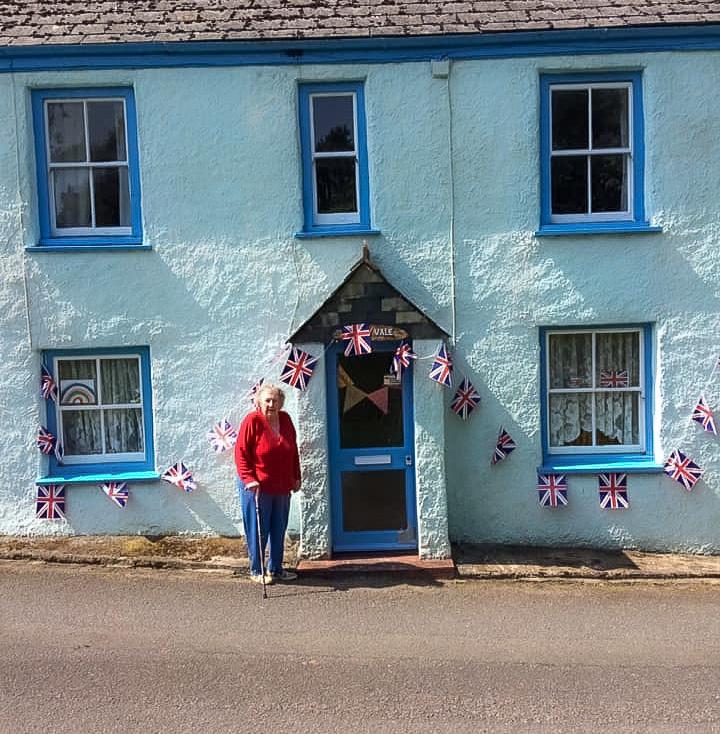
1 minute read
Sea Change
By Alan Kent
That year, the beaches were empty. No bright dinghies bobbed on the tide.
Advertisement
The surfers were told please don't come and the B&Bs shut their doors.
They got turned around at the Tamar. They got asked to stay at home.
The strand remained untouched, and no castles were formed from the sand.
Things reverted to how they once were and you could hear the birds sing again.
Somewhere, the world had decided that a change was on the cards.
It was to do with the way we treated it. We assumed so much, took so much always.
We let rare species fall as lost grains of sand, and tossed plastic beads into the spume.
One day, it had enough and said no more and so the sea got taken away: quarantined.
With it, went all the layering; stuff we pretended was important.
We'd been told before, warned before, but we took no notice of that advice.
Too many people, too much self, too much consumption, too little care.
And so the ocean and cliffs were put in a cupboard and locked away,
until we had learnt our lesson, until we promised to play nice.
Arrogance would no longer do. We'd have to face ourselves.
The world did its quiet cleansing and helpless, we looked on.
On social media, all we could do was to share photographs of past waves
and wish that things had stayed the same: that viral beads would simply disappear.
Much was hoped for, much was said, a quick furloughed fix and that's it;
this, despite confined sea-nymphs still loudly ringing their chosen knell.
Alan Kent, who lives in Probus, is a Cornish poet, dramatist, novelist, editor and academic. He is the author of a number of works on Cornish and Anglo-Cornish literature.







